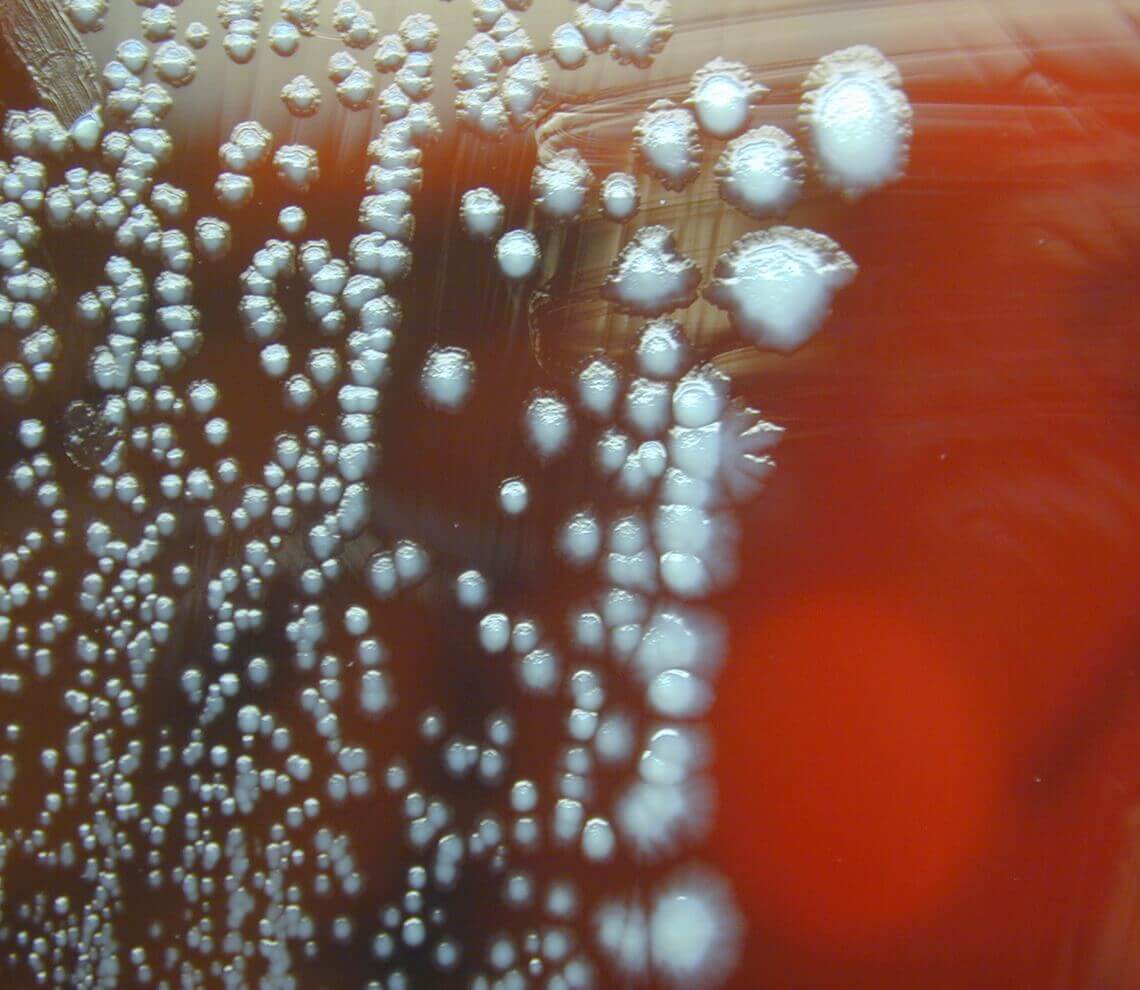- Our Suppliers
- MBS Monoclonals
- Mouse Anti-Human TNF-alpha
Product short description
Price:
597 EUR
Size:
500ug
Catalog no.:
GEN690960
Product detailed description
Tested applications:
N/A
Gene name synonims
N/A
Concentration
N/A
Clone
N/A
Also known as
TNF-alpha
Gene name
TNF-alpha
Category
Antibodies
Clonality
Monoclonal
Form/Appearance
Lyophilized
Immunoglobulin isotype
IgG1, kappa
Latin name
Mus musculus
Subcategory
Mnoclonal antibodies
Host organism
Mouse (Mus musculus)
Purification method
Protein G chromatography
Other gene names
TNF; TNF; DIF; TNFA; TNFSF2; TNF-alpha; TNFA; TNFSF2; TNF-a; NTF; ICD1; ICD2
Species reactivity
Human (Homo sapiens); Due to limited knowledge and inability for testing each and every species, the reactivity of the antibody may extend to other species which are not listed hereby.
Specificity and cross-reactivity
N/A; Since it is not possible to test each and every species our knowledge on the corss reactivity of the antibodies is limited. This particular antibody might cross react with speacies outside of the listed ones.
Description
The Mouse Anti- TNF-alpha is a α- or alpha protein sometimes glycoprotein present in blood.This antibody needs to be stored at + 4°C in a fridge short term in a concentrated dilution. Freeze thaw will destroy a percentage in every cycle and should be avoided.
Storage and shipping
Lyophilized antibodies may be transported at ambient temperature and stored for short terms at +4 degrees Celsius and at -20 for long term storage. Antibodies in liquid form can be shipped and stored for short terms at +4 degrees Celsius, for long term storage (up to one year) 25-50% glycerol or ethylene glycol has to added and the vial must be stored at -20°C.
Properties
Human proteins, cDNA and human recombinants are used in human reactive ELISA kits and to produce anti-human mono and polyclonal antibodies. Modern humans (Homo sapiens, primarily ssp. Homo sapiens sapiens). Depending on the epitopes used human ELISA kits can be cross reactive to many other species. Mainly analyzed are human serum, plasma, urine, saliva, human cell culture supernatants and biological samples.
Other names
tumor necrosis factor; Tumor necrosis factor; tumor necrosis factor; TNF-a; cachectin; APC1 protein; TNF, monocyte-derived; TNF, macrophage-derived; tumor necrosis factor-alpha; tumor necrosis factor ligand superfamily member 2; tumor necrosis factor; Cachectin; TNF-alpha; Tumor necrosis factor ligand superfamily member 2; TNF-aCleaved into the following 6 chains:Tumor necrosis factor, membrane form; Alternative name(s):; N-terminal fragment
Gene
Tumor necrosis factor (TNFa, tumor necrosis factor alpha, TNFα, cachexin, or cachectin) is a cell signaling protein (cytokine) involved in systemic inflammation and is one of the cytokines that make up the acute phase reaction. It is produced chiefly by activated macrophages, although it can be produced by many other cell types such as CD4+ lymphocytes, NK cells, neutrophils, mast cells, eosinophils, and neurons. TNFb or TNF beta also bin on TNF receptors for Th1 activation.
Test
MBS Monoclonals supplies antibodies that are for research of human proteins.Mouse or mice from the Mus musculus species are used for production of mouse monoclonal antibodies or mabs and as research model for humans in your lab. Mouse are mature after 40 days for females and 55 days for males. The female mice are pregnant only 20 days and can give birth to 10 litters of 6-8 mice a year. Transgenic, knock-out, congenic and inbread strains are known for C57BL/6, A/J, BALB/c, SCID while the CD-1 is outbred as strain.
© Copyright 2016-Tech News . Design by: uiCookies

